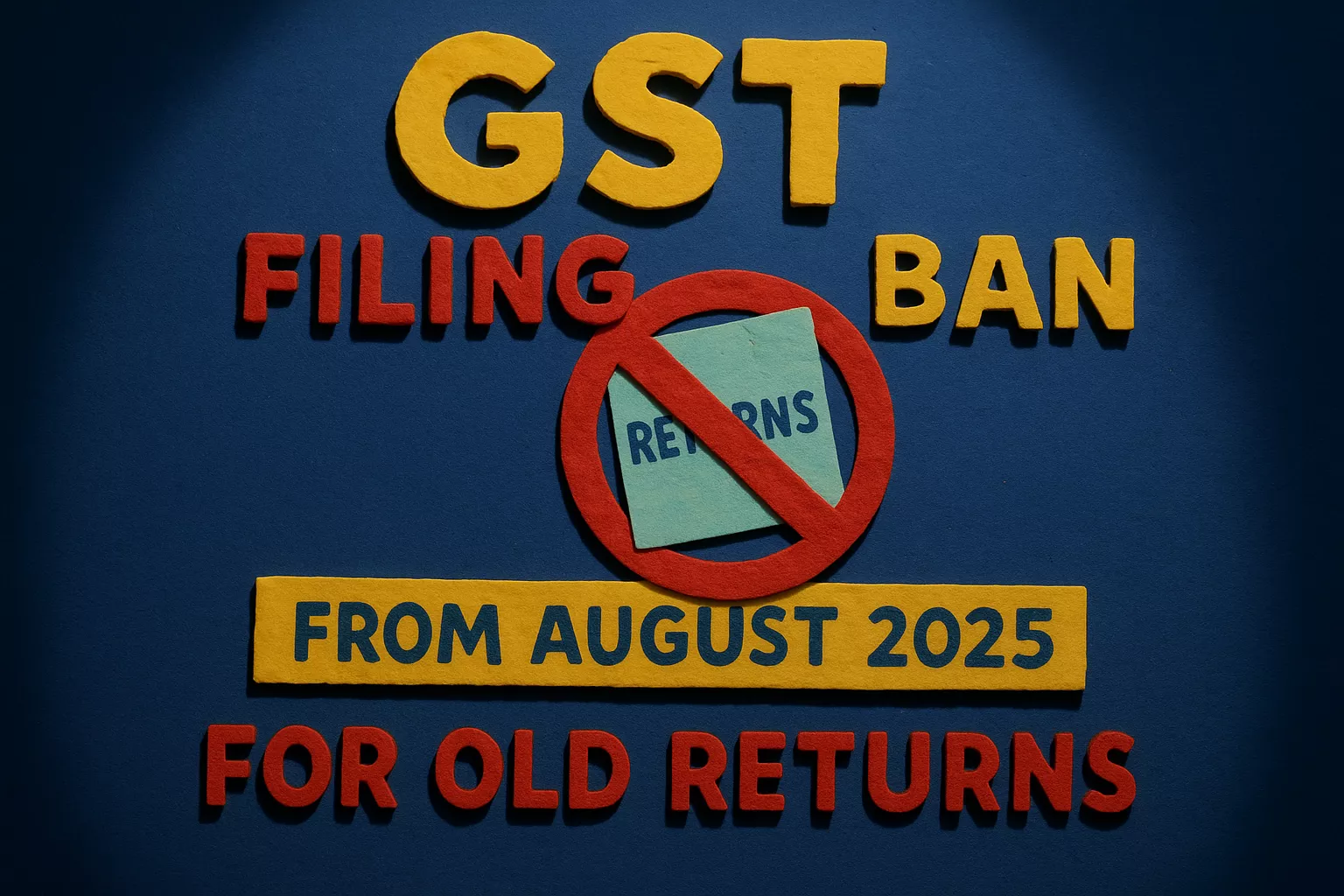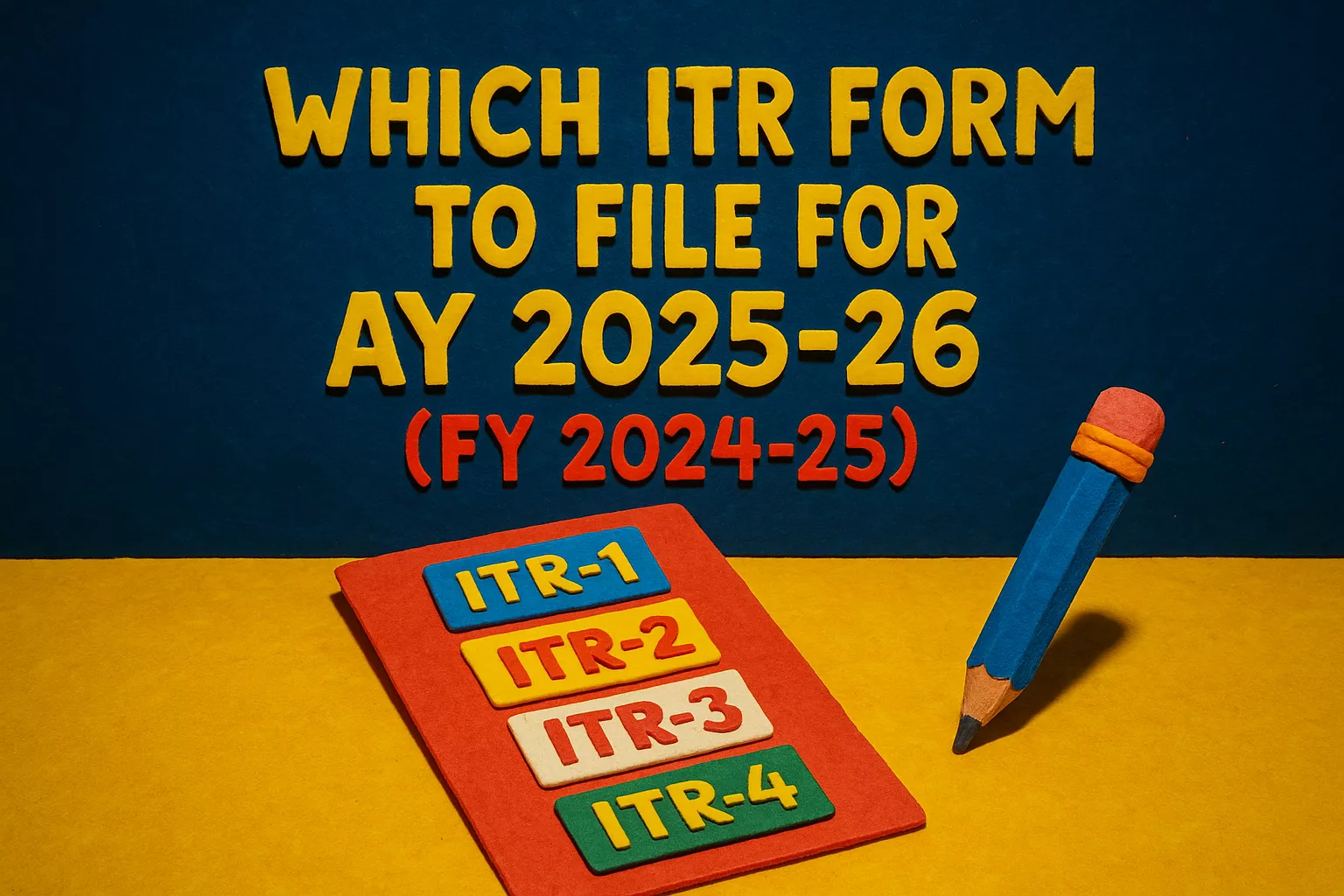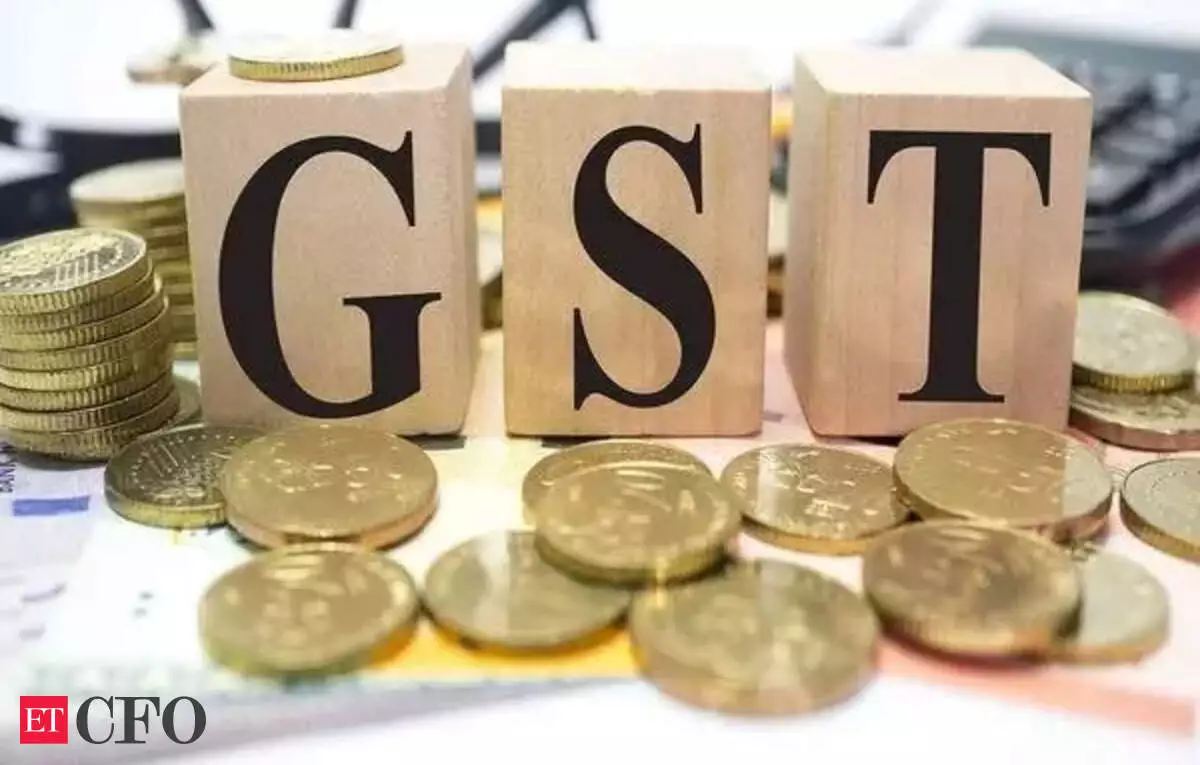The Supreme Court has rejected the finance ministry’s petition seeking a review of its October judgement, which allowed real estate companies to claim input tax credits (ITC) on the construction cost for commercial buildings meant for renting purposes.
A Bench led by Justice AS Oka while dismissing the ministry’s plea on Tuesday said that it has gone through the review petition and the October 3 judgment, which has been sought to be reviewed, and “there is no error apparent on the record.”
The government wanted the apex court to align with the original legislative intent, after the 55th Goods and Services Tax Council had in December suggested a retrospective amendment to the GST law to correct what it described as a “drafting error” in the legal provisions related to ITC.
The ITC mechanism allows businesses to claim credit for the tax they paid on inputs and set it off against their GST liability.
This proposed amendment aims to reverse the SC ruling by changing the terminology from “plant or machinery” to “plant and machinery” in Section 17(5)(d) of the Central Goods and Services Tax Act (CGST) Act, 2017.
Experts told ET that while the SC judgment on ITC aligns with the industry’s logical expectation – that credit should flow seamlessly when output is taxed – the recent retrospective amendment in the last budget unfortunately negates this clarity. “This development, therefore, doesn’t bring the anticipated tax certainty. Instead, it’s highly probable that after this development industry will now challenge the retrospective amendment made in terms of last budget, prolonging the uncertainty we all hoped to avoid.”
Earlier the Central Board of Indirect Taxes and Customs chairman Sanjay Kumar Agarwal had also said that there had been a drafting mistake in the law as “the term ‘plant and machinery’ appears at 11 places in the GST Act but in one place, it was incorrectly written as ‘plant or machinery.’ This error is now being corrected with retrospective effect from July 1, 2017.”
In a big relief to the real estate sector, the court had on October 3 last year held that if construction of a building is essential for supplying services like leasing/renting out, it could fall under the ‘plant’ category on which ITC can be claimed under Section 17(5)(d).
This provision essentially prohibited claiming ITC for construction materials (other than plant or machinery) used for immovable property construction.
The apex court ruled that “if the construction of a building is essential for the activity of supplying services like renting or leasing, as outlined in clauses 2 and 5 of Schedule 2 of the CGST Act, the building may be considered a ‘plant’.”
The apex court said that if buildings provided on rent perform the same function as that of a “plant” in a factory which produces economic value and output supply, then ITC on such buildings cannot be denied.
In this case, the Odisha High Court in 2019 had allowed real estate firm Safari Retreats to claim the benefit of ITC on works contract and other goods and services used in the construction of an immovable property, excluding plant and machinery. The HC had ruled that ITC for construction materials under the provision cannot be denied to developers constructing properties for renting out. The revenue department then challenged the HC decision in the SC.
Visit www.cagurujiclasses.com for practical courses











 Filing of SPL-01/SPL-02 under Section 128A of CGST Act: Important Clarification on Payment Mismatch Issues
Filing of SPL-01/SPL-02 under Section 128A of CGST Act: Important Clarification on Payment Mismatch Issues